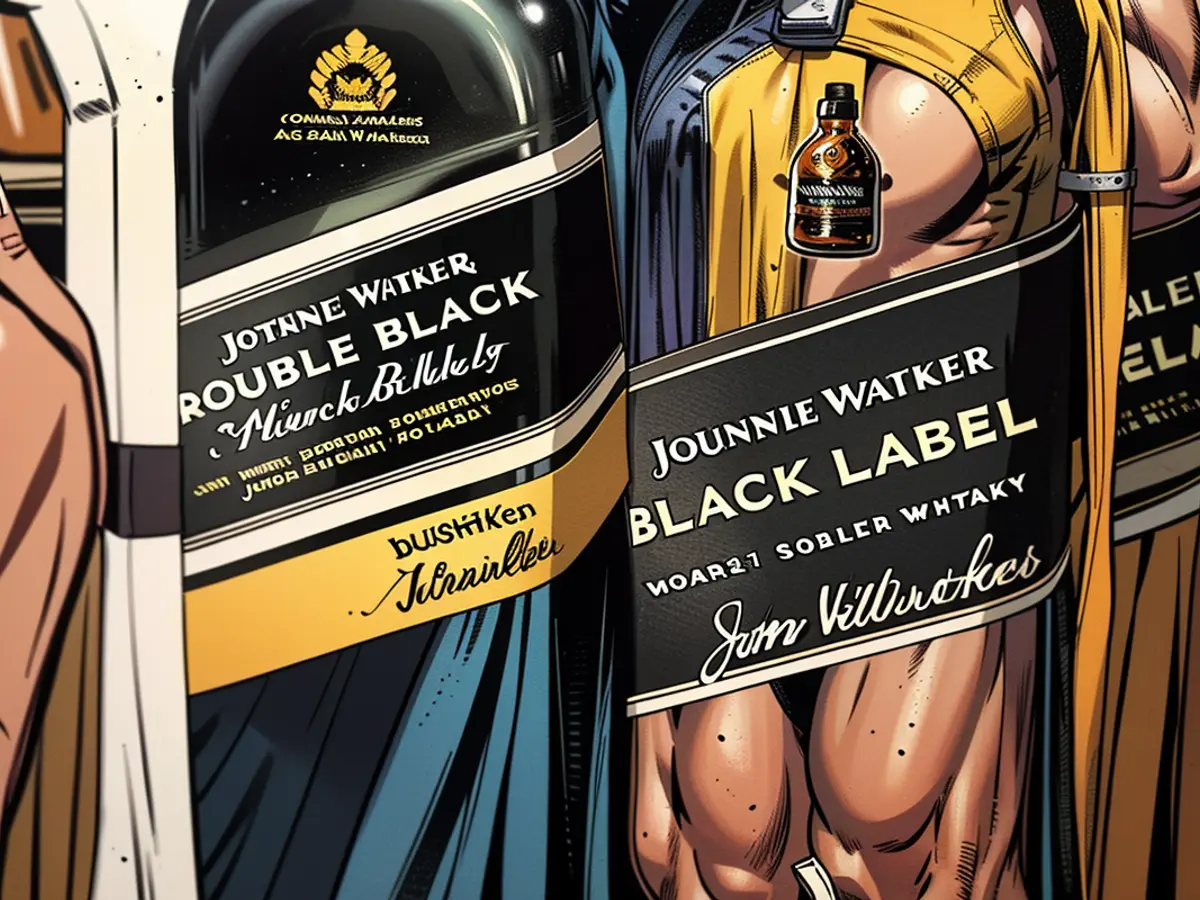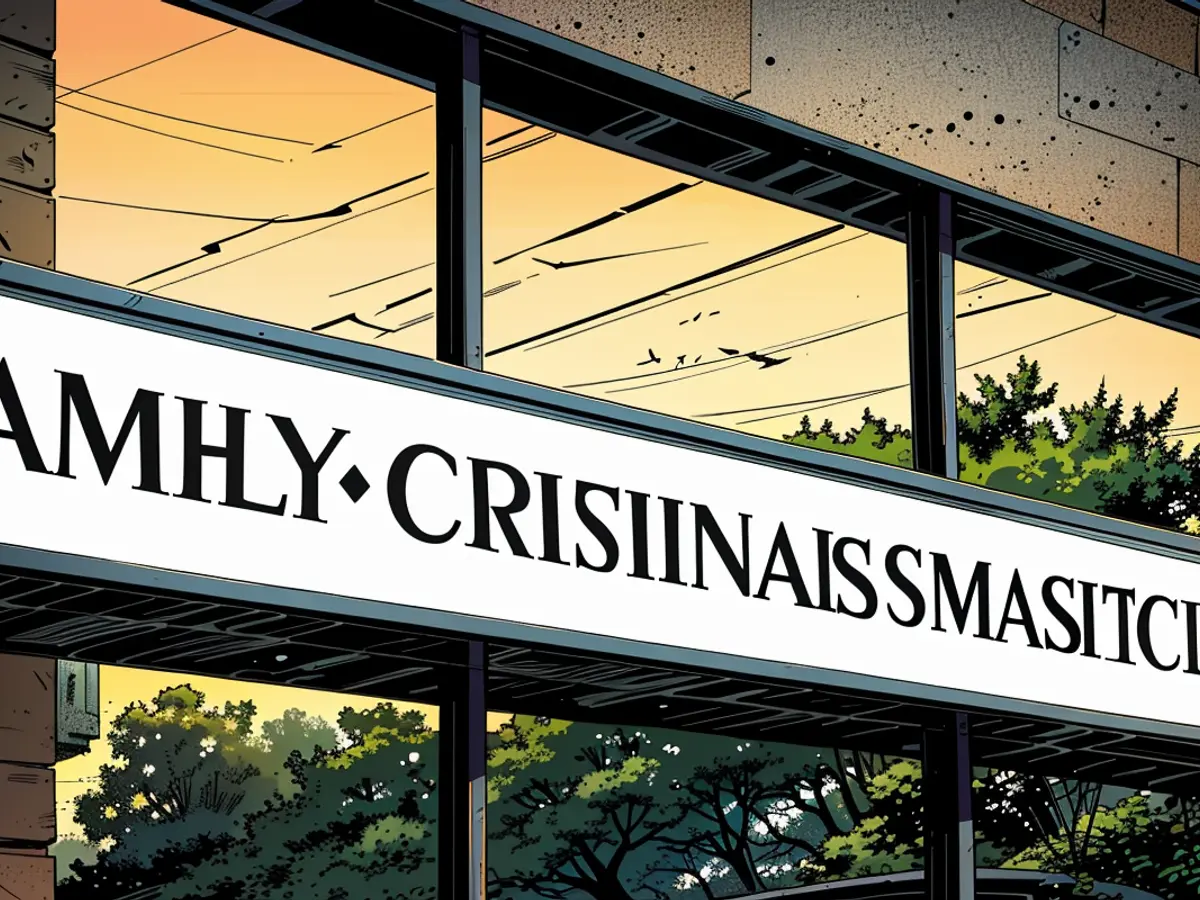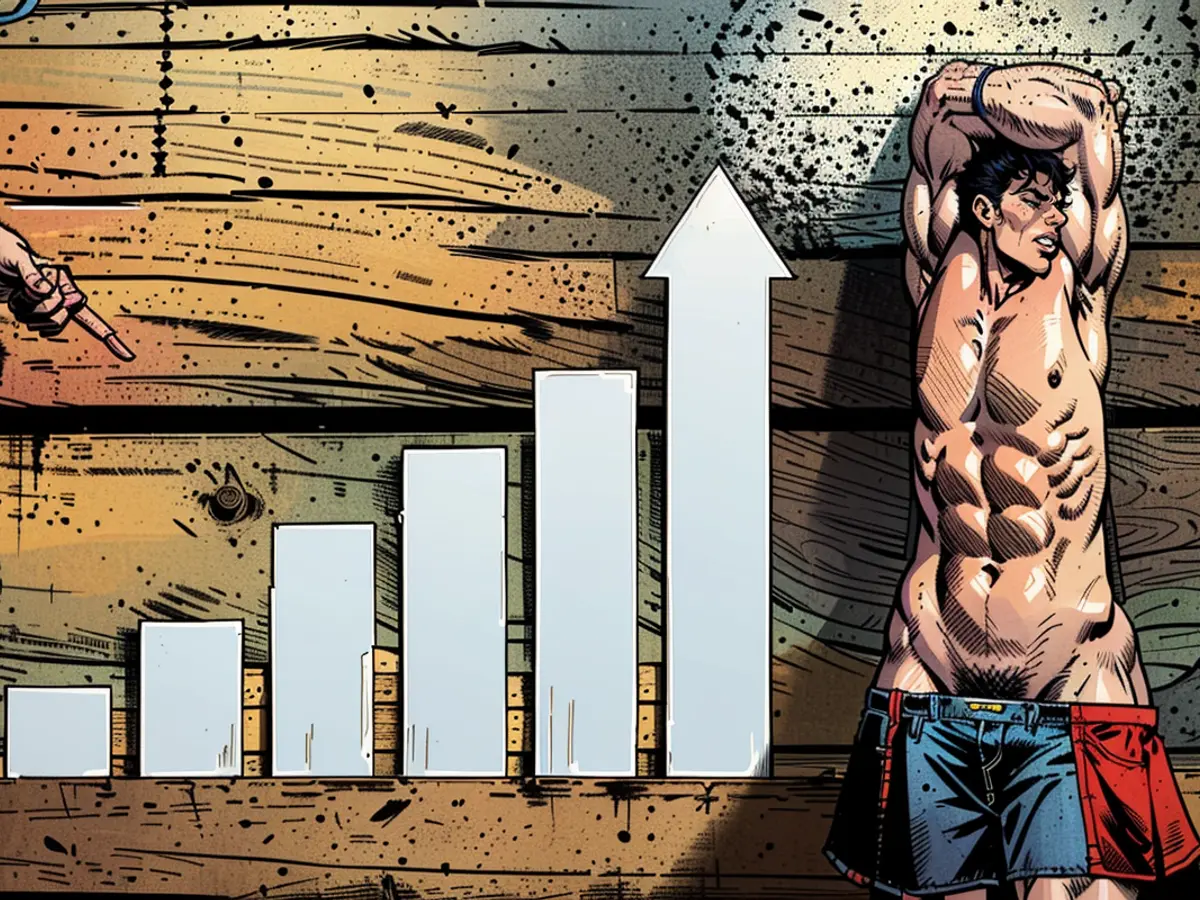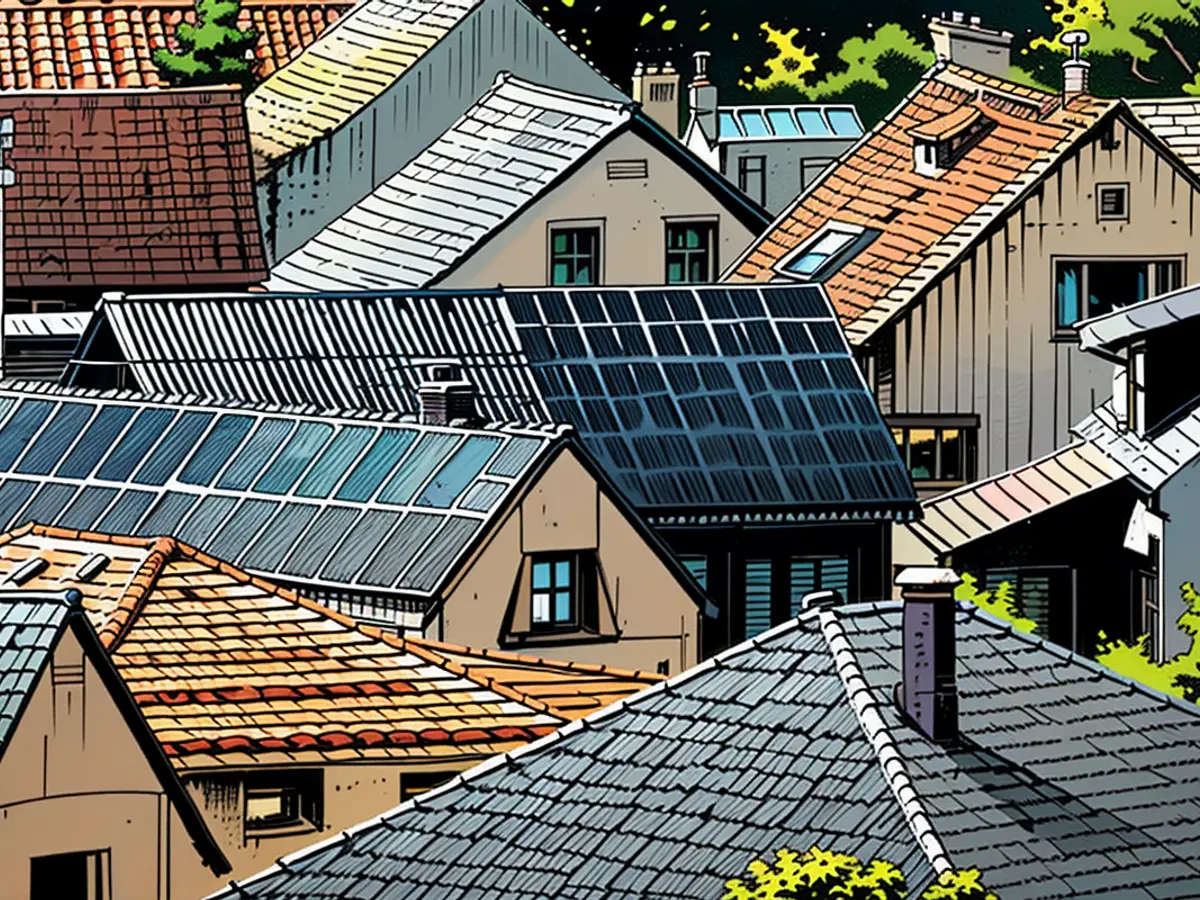It’s not just Big Macs. Consumers are ditching Johnnie Walker whisky and Casamigos tequila
The maker of Johnnie Walker whisky, Casamigos tequila and Guinness beer is the latest consumer business to report a hit to sales as inflation and high interest rates take a bite out of household budgets.
On Monday, McDonald’s (MCD) said global sales fell for the first time since 2020 as fewer customers visited the fast-food chain’s restaurants. That followed similar reports from Starbucks (SBX), Burger King and Wendy’s (WEN).
“The consumer environment continues to be challenging,” Diageo (DEO) CEO Debra Crew said in a video posted to the company’s website Tuesday. “Consumers remain cautious and interest rates are high therefore retailers are likely to remain cautious too.”
Over the 12 months to the end of June, Diageo’s sales fell 1.4% to $20.3 billion, driven by a “materially weaker” performance in Latin America and the Caribbean, according to Crew.
Sales of Johnnie Walker fell by 2% globally, and by 10% in North America, the company’s largest region. Overall sales in North America also declined, led by a 22% drop at Casamigos, co-founded by actor George Clooney, which Diageo paid $700 million for in 2017.
Shares in the company — which boasts almost 40% of the global Scotch whisky market — tumbled as much as 11% in London Tuesday, before paring losses to trade 6% lower by 9:10 a.m. ET.
Crew said that the “challenging” consumer environment was persisting into the company’s new fiscal year, but that alcohol nonetheless remained an “attractive sector with a long runway for growth.”
She said Diageo had taken several steps to improve its growth prospects, including improving productivity and deepening its understanding of what customers want.
“We believe demographic trends, rising incomes in the developing world, spirits gaining share from beer and wine, and long-term premiumization will drive attractive underlying growth in our industry,” she added.
Aarin Chiekrie, an equity analyst at Hargreaves Lansdown, said that although Diageo’s latest set of earnings showed revenue and profit “heading in the wrong direction,” the company’s underlying business remained strong.
“Investors should remember that Diageo has a world-class portfolio of brands,” he wrote in a note, pointing to Smirnoff and Tanqueray gin, among others. “That’s helped Diageo hold or grow its market share in over 75% of the regions it operates in, despite the current challenges for the wider industry.”
Alcohol sales boomed during the pandemic, as consumers stuck at home turned to booze to help pass the time. That demand has since declined, while higher inflation and interest rates have left consumers with less to spend on luxuries.
Also weighing on some alcohol sales: people’s drinking habits are changing.
Earlier this month, Pernod Ricard announced plans to sell most of its wine brands, amid falling consumption globally, and focus instead on growing its champagne and premium spirits labels.
The shift by the French group — which owns Absolut Vodka, Jameson Whisky and Olmeca Tequila — comes after wine consumption globally hit a 27-year low last year, according to an estimate by the International Organisation of Vine and Wine (OIV), an industry group.
The economic downturn, characterized by inflation and high interest rates, is negatively impacting various consumer businesses, as evidenced by Diageo's reported sales decline. The challenges in the global economy are causing consumers to be more cautious with their spending, leading to reduced demand for luxuries such as alcohol.








